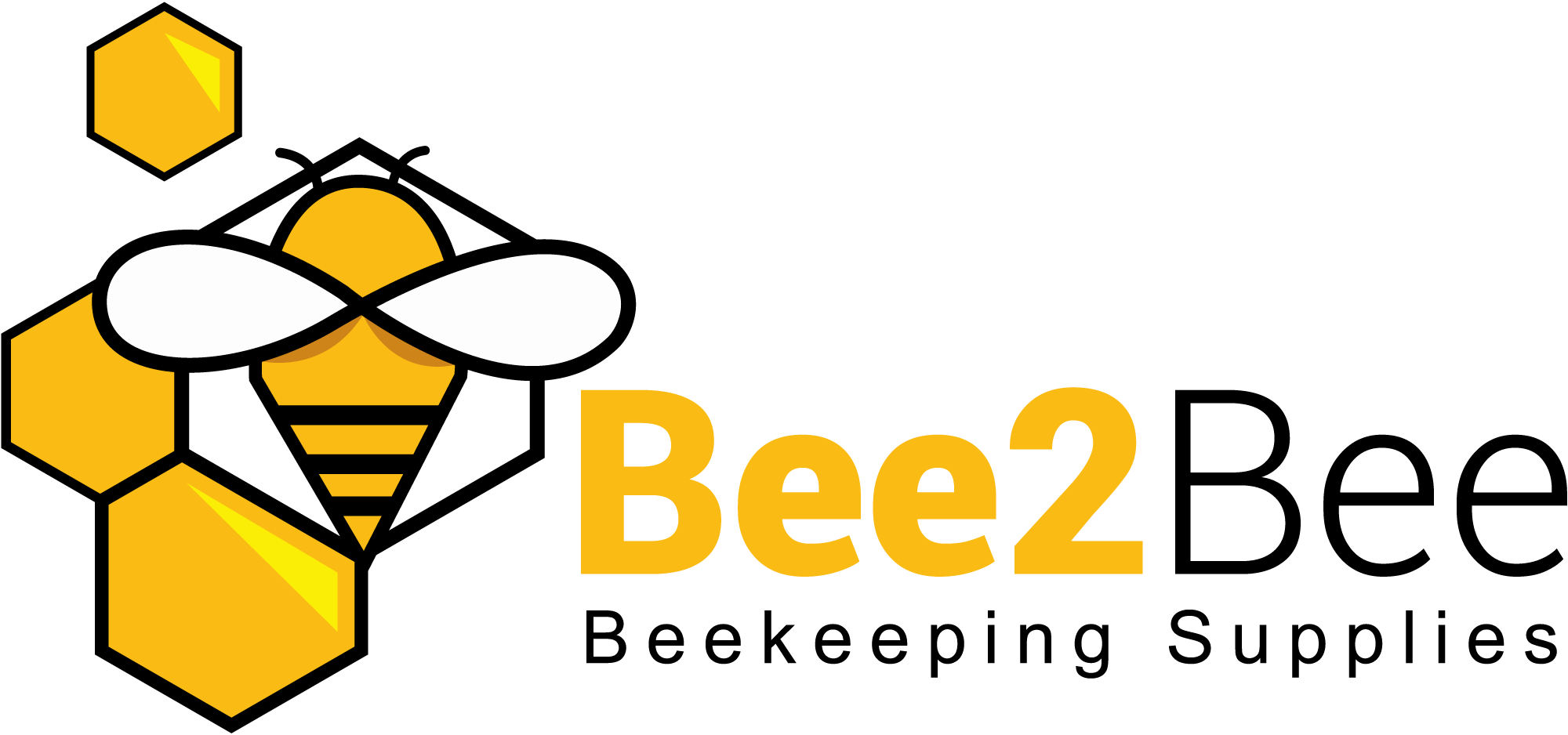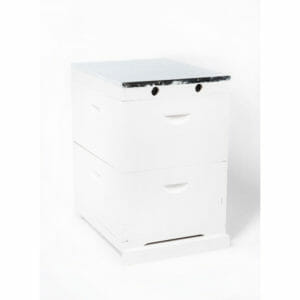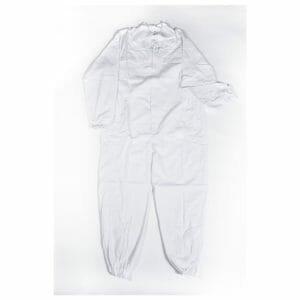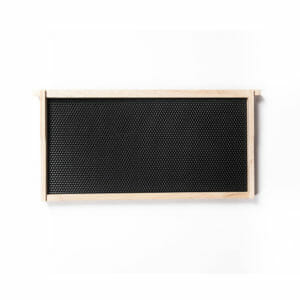Recent reports has shown that NZ Manuka honey is contaminated with glyphosate. That means anyone that consumed NZ’s Manuka honey has the chemical in their system. That doesn’t sound good, no?
What is glyphosate and why the debate around it? Let’s discuss.
What is Glyphosate?
According to Food Standards AUNZ (FSANZ)(2019), glyphosate is used to prevent weed growth. It’s the active ingredient found in many popular herbicides sold in the market.
Currently in Australia, there are a few regulations and limits into the use of herbicides among agricultural operations. In saying that, glyphosate may be present in low levels in the environment and sometimes food as a result.
Additionally, there are multiple legal actions in Australia against Monsanto, the manufacturer, that claims that the product causes cancer. However, scientists are still divided into the possible negative health risks of the chemical. This comes from thousands of plaintiffs from the US who claim that the chemical has been the main cause of their non-Hodgkin lymphoma (a cancer that originated in the lymphatic system).
What do beekeepers think?
As beekeepers, we would like to protect our bees as much as possible. Beekeepers have claimed that exposure to the herbicide has killed many of their hives and has contaminated all equipment and gears. These devastating effects reduces their capacities as well as increases their costs. In contrast, the Ministry of Primary Industries (MPI) in New Zealand has claimed that there are no food safety risks. The beekeepers can only do so much in order to control the bees’ flight. In New Zealand, more than 20% of honey was found contaminated with glyphosate.
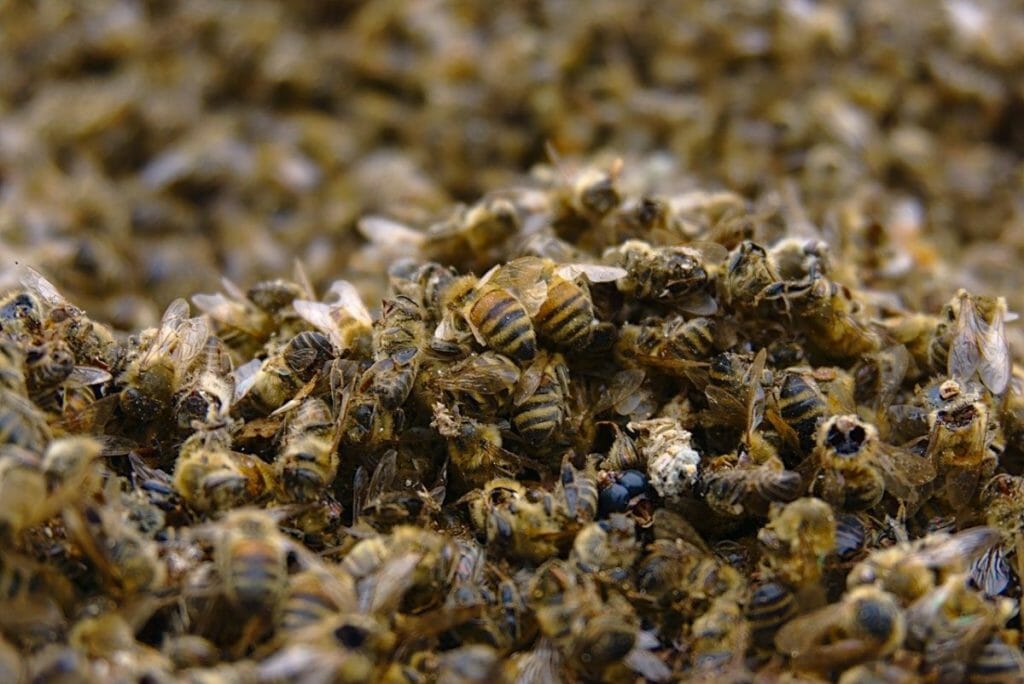
No changes in regulations will be made by the MPI despite these findings. For beekeepers, it is extremely frustrating and saddening to continue to witness their bees die and to produce contaminated honey. All in all, I think all beekeepers would agree that they aim to produce natural, pure and uncontaminated honey.
Many countries have taken action due to negative health risks. The use of herbicides is currently limited in Germany. Additionally, the government is looking at a full ban some time in the future. Austria and Luxembourg has led the way into banning the use of glyphosate. Many others have followed as well as France and Italy. Both has just recently announced that they will ban the use of the chemical compound by the end of 2020. So why can’t we do the same here?
“It’s everywhere”
In recent news, Australian scientists created a map that visualises the presence of glyphosate. This map shows that the chemical is present nearly everywhere around the world. Croplands are mostly affected which is a bit worrying.
In an interview with ABC News, scientists have found that a by-product of glyphosate, aminomethylphosphonic acid (AMPA), could pose more risk and its effects for the environment and human health is currently unknown.
In saying that, even though studies have shown that glyphosate in itself is harmless, the residues from its use and their effects is currently unknown.
We should ask ourselves the question, what actually contributes to the decline of bee population around the world? Is it really the Varroa mite? Or the fact that we use chemicals that cause their deaths?
Interested in buying beekeeping tools and equipment in bulk and discounted price? For personalised advice on products and tips for beehive management, give us a call on 0488 010 840 or get in touch via email at [email protected]. Shop online here (free shipping for orders over $300)!
